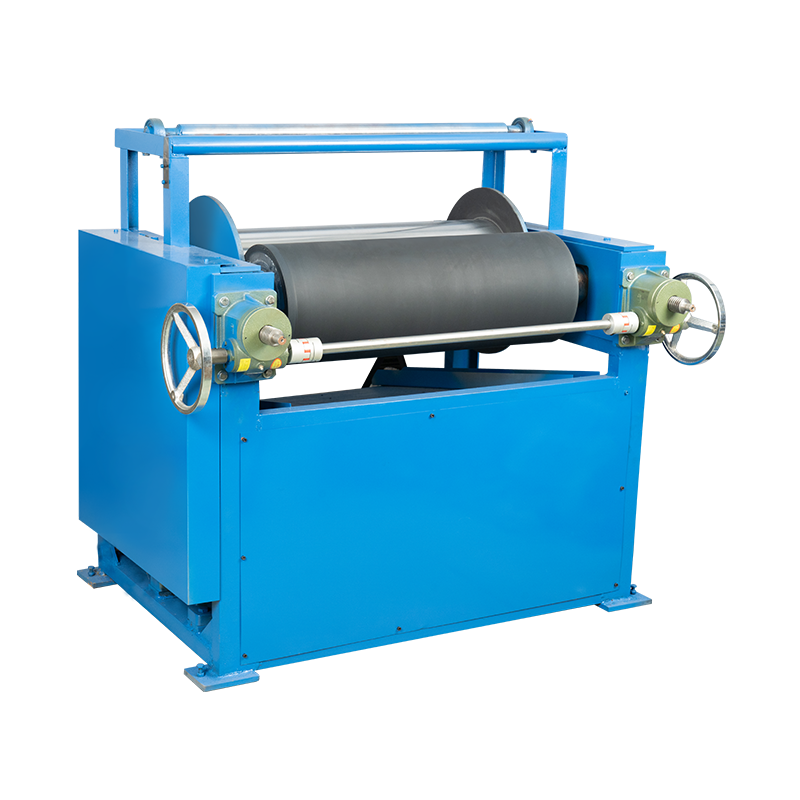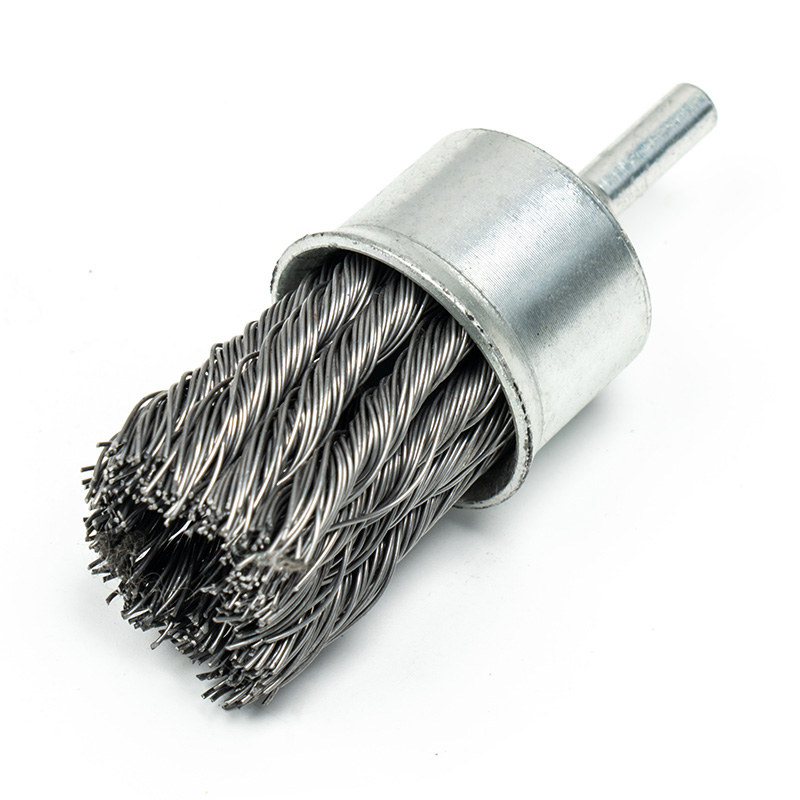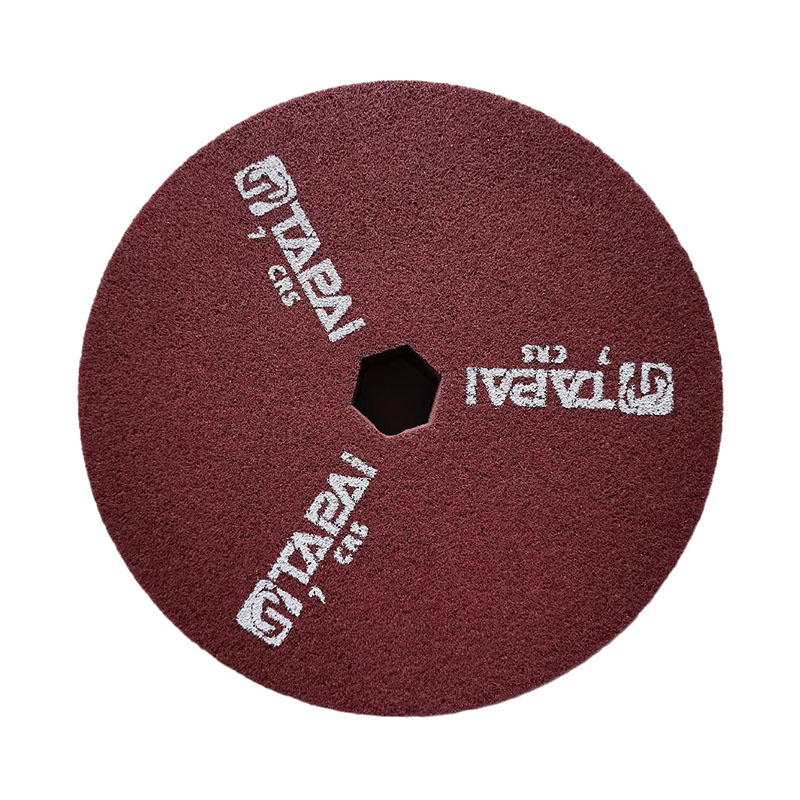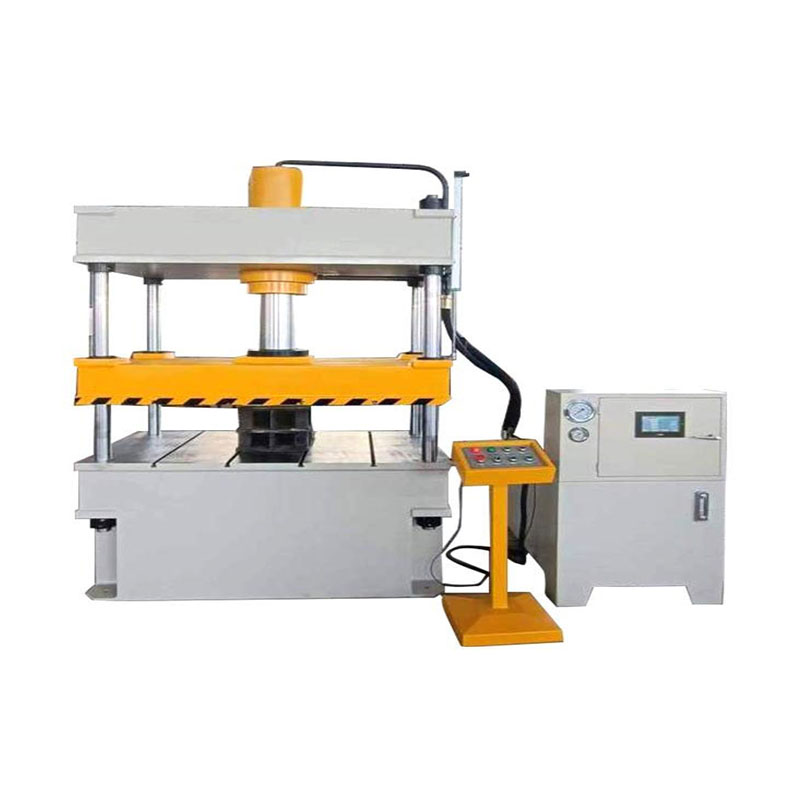Cat:Wire Wheel Brush
Twist Wire Pen-Type Wire Brush: Compact and Versatile Cleaning Tool The twist wire pen-type wire brush is a compact, han...
See DetailsConsistency in the production of non-woven fiber wheels is paramount for maintaining product quality and meeting industry standards. Non-Woven Fiber Wheel Production Equipment plays a pivotal role in achieving this consistency, as Non-Woven Fiber Wheel Production Equipment directly impacts the uniformity of the final product. This article explores the various strategies and technologies employed to ensure product consistency throughout the production process of non-woven fiber wheels.

The production process of non-woven fiber wheels begins with the selection of raw materials. The quality and consistency of the fibers used are crucial. Non-Woven Fiber Wheel Production Equipment must be capable of handling these materials with precision, ensuring that each batch of fibers is processed uniformly. This requires advanced control systems that can monitor and adjust the processing parameters in real time to account for any variations in the raw material properties.
Once the fibers are selected, the next step involves the actual production process. Non-Woven Fiber Wheel Production Equipment must maintain a consistent temperature and pressure throughout the manufacturing process. Fluctuations in these parameters can cause variations in the density and structure of the non-woven fibers, affecting the wheel's performance. To address this, many modern production lines incorporate closed-loop control systems that continuously monitor and adjust the process conditions to maintain the desired consistency.
The shaping and cutting of non-woven fiber wheels is another critical step where consistency must be ensured. Non-Woven Fiber Wheel Production Equipment that utilizes computer-aided design (CAD) and computer-aided manufacturing (CAM) systems can achieve high levels of precision in the shaping process. These systems allow for the creation of detailed digital models of the desired wheel shape, which can then be used to guide the cutting and shaping machinery with high accuracy.
Another factor that can affect the consistency of non-woven fiber wheels is the bonding process. The adhesive used to bind the fibers together must be applied uniformly across the entire surface of the wheel. Non-Woven Fiber Wheel Production Equipment that features precision dispensing systems can help achieve this uniformity. These systems can be programmed to apply the exact amount of adhesive in a consistent pattern, ensuring that the bonds between the fibers are strong and evenly distributed.
Quality control is an integral part of the production process. Non-Woven Fiber Wheel Production Equipment should be equipped with in-line inspection systems that can automatically detect and sort out any wheels that do not meet the specified standards. This not only helps maintain consistency but also reduces waste and increases overall efficiency. Advanced inspection systems can use techniques such as machine vision and sensor arrays to evaluate the dimensions, shape, and surface quality of each wheel.
To further enhance consistency, data analytics can be employed. By collecting and analyzing data from various stages of the production process, manufacturers can identify trends and patterns that may indicate areas for improvement. Non-Woven Fiber Wheel Production Equipment integrated with data acquisition systems can provide valuable insights into the performance of the machinery and the quality of the output.
In conclusion, ensuring consistency in the production of non-woven fiber wheels is a multifaceted challenge that requires a combination of advanced Non-Woven Fiber Wheel Production Equipment, precise process control, and robust quality assurance measures. By investing in machinery and adopting a data-driven approach to process optimization, manufacturers can achieve the high levels of consistency necessary to meet the demands of Non-Woven Fiber Wheel Production Equipment's customers and the industry.

Twist Wire Pen-Type Wire Brush: Compact and Versatile Cleaning Tool The twist wire pen-type wire brush is a compact, han...
See Details
The Full-Automatic Wire Twist Pen Brush Machine represents a significant leap in efficiency and precision for manufactur...
See Details
The Wear-Resistant Non-Woven Fiber Wheel is a highly effective tool designed for a range of surface finishing tasks. Con...
See Details
The Precision CNC Hydraulic Press is a versatile and efficient tool designed for high precision metal forming and fabric...
See Details+86-18867586928
Contact Us